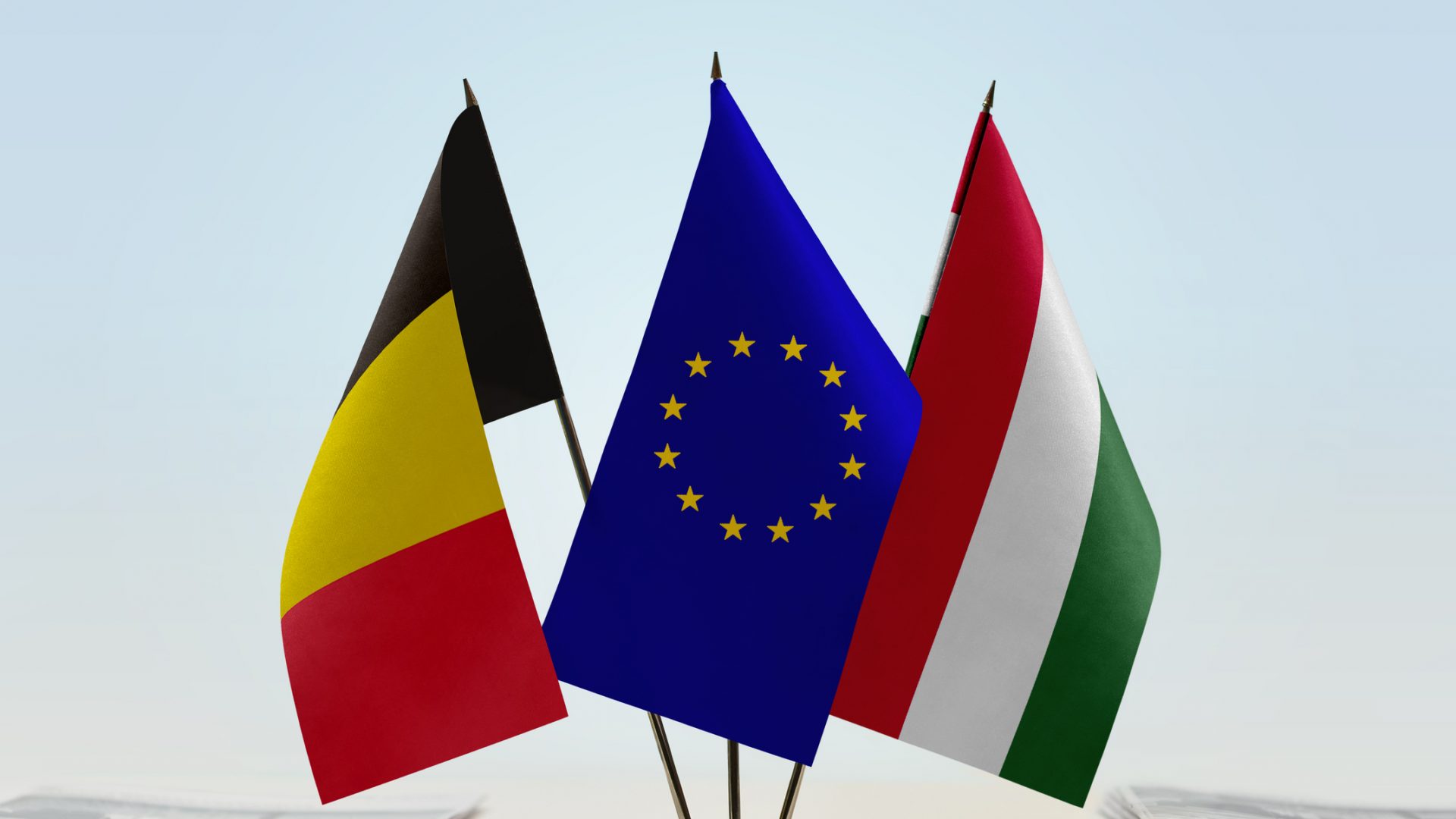
The Hungarian Presidency Programme: competitiveness and defence top the agenda
As Hungary takes up the Presidency of the Council of the European Union mantle today, the country intends to use this period to move away from the European Green Deal and embrace the New European Competitiveness Deal pushed by the European Council.
Defence appears as the second most important priority for the Hungarian Presidency after EU competitiveness. Hungary aims to bolster Europe’s defence policy and legislative framework. Their first step is the implementation of the Strategic Compass, which calls for more joint-EU live military exercises.
While much of Brussels’ focus will be on the transition to a new European Parliament and European Commission, a review of Hungary’s Presidency priorities shows they fully intend to leave their mark on Europe’s strategic direction.
Energy: Hungary pushes alternatives to renewables
Hungary’s Presidency will prioritise energy security, seeking to promote nuclear energy and secure funding for natural gas infrastructure projects. This aligns with the country’s ambition to build two Russian-designed nuclear reactors and increase gas connections with the Balkans region.
In the same vein, Hungary plans to adopt conclusions on geothermal energy, a regularly overlooked source. While geothermal potential is estimated at up to 25% of heating and cooling consumption in Europe, and around 10% of electricity, it currently only represents 0.2% of the electricity generated in Europe.
Building on the Conclusions on “Sustainable Electricity Grids” adopted on 30 May under the Belgian Presidency, Hungary intends to keep the topic high on the agenda with a conference on electricity grid development on 14 October.
Security: renewed focus on military capabilities
Beyond the Strategic Compass, a key priority for the Hungarian Presidency is to enhance the EU’s military response and crisis management capabilities through the Common Security and Defence Policy.
Emphasis will be placed on the financial tools, production capacities, resilient supply chains, and commercialisation outlined in the European Defence Industrial Strategy.
When it comes to supporting the defence industry, Hungary wants to drive smooth and efficient negotiations to deliver the European Defence Industry Programme regulations. They are also looking across the Atlantic for deeper cooperation on security and defence, particularly through the Trade and Technology Council and bilateral EU partnerships.
Hungary will also seek to improve the sustainability of the European Peace Facility by addressing the geographical balance and the review of the instrument. However, there are no specific timeline or details on the process so far.
Potential shake-up of defence cooperation
The Hungarian Presidency may seek a change in the role of the European Defence Agency, as Hungary supports a revision of the Council Decision on the Agency and is committed to contributing to an evaluation of the Agency’s current tasks. However, without the backing of the biggest Member States, such changes will not get off the ground. Hungary also plans to contribute to a review of the Permanent Structured Cooperation between Member States on defence, and engage in a broader reflection on its future.
Space policy appears to take a back seat in the priorities, appearing in the programme only as an enabler for EU competitiveness.
That being said, the Hungarian Presidency should see the start of negotiations on the long-awaited EU Space Law, as well as the adoption of Council Conclusions on the Mid-term evaluation of the EU Space Programme and on Reinforcing European competencies in the space sector.
Environment and climate: regulatory push on chemicals and emissions
Hungary has decided to hold a debate on the implementation of the EU Chemicals Strategy for Sustainability on 14 October, four years to the day after the adoption of the Commission Communication. With the REACH revision currently shelved, the discussions between the Ministers could be an important milestone to assess the Council’s appetite for supporting an ambitious reform.
Hungary will continue exploratory discussions on the 2040 emission reduction target started under the Belgian Presidency. It will also strive to adopt Conclusions on 14 October to define Europe’s negotiating position ahead of the UN COP29 in November.
The Presidency will also try to move forward several circular economy legislative files, starting trilogues with the Parliament and the Commission on the Green Claims Directive and trying to reach a general Council approach on the End-Of-Life Vehicles Regulation.
Hungary will also kickstart the trilogue negotiations on the updated list of water pollutants and ambitions to reach a general approach on the prevention of pellet losses to reduce microplastic pollution.
For Transport, the Presidency will focus on advancing ongoing legislative files including the revised Passenger Rights Regulation and the Multimodal Passenger Rights Regulation, with a view to reaching general approaches on both topics. Trilogues will also start on the Count Emissions EU and the Combined Transport Directive.
While the Council’s agenda will continue as planned, the next six months look set to see Hungary push for some significant shifts in focus and attempt to tee up the next five years for a European Union that is less green and more focused on defence and international competitiveness.